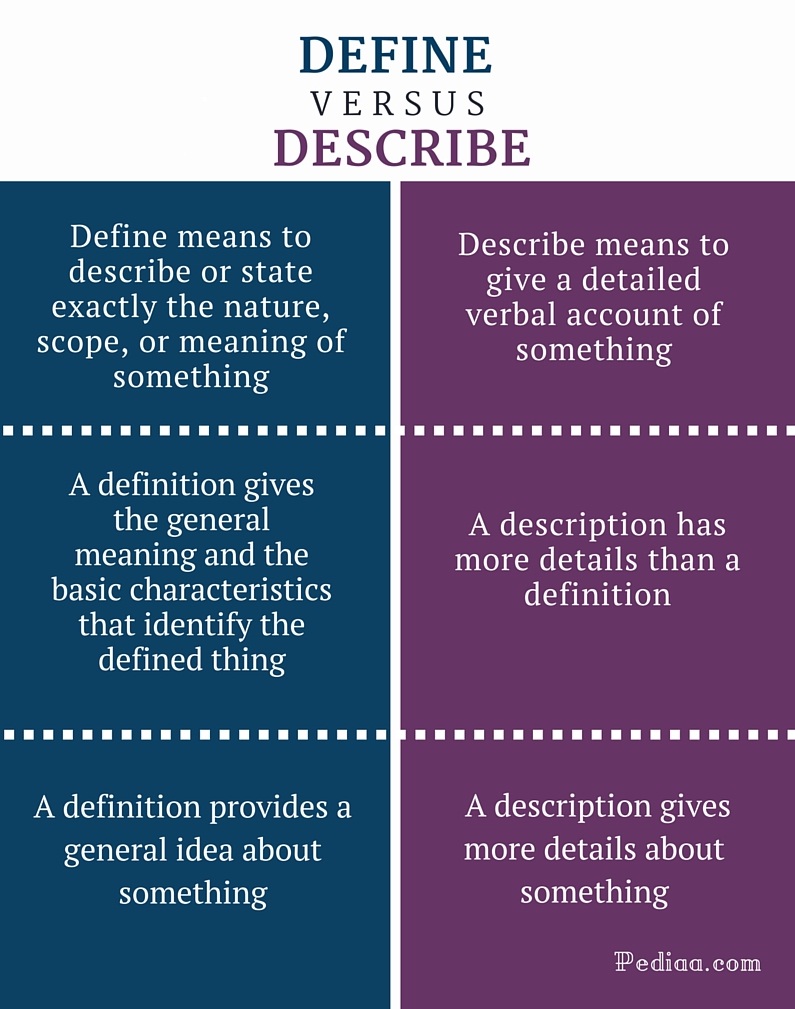Understanding The Meaning And Usage Of "The"

Language is a fascinating tool that shapes our communication and interactions. One of the most commonly used words in the English language is "the." This tiny word may seem insignificant at first glance, but it plays a crucial role in conveying meaning and clarity in our conversations and writings. In this article, we will delve into the definition of "the," exploring its various uses, functions, and significance in English grammar. By understanding this article's intricacies, readers will gain a better appreciation for the elegance of language and how such a small term can have a significant impact on effective communication.
When we talk about "the," we are referring to the definite article in English. This means it is used to specify a particular noun, whether it’s a person, place, or thing. Unlike indefinite articles like "a" or "an," which can refer to any member of a category, "the" points to a specific instance. For example, when we say "the dog," we are talking about one particular dog rather than any dog in general. This specificity is what makes "the" an essential component of English sentences, allowing speakers and writers to convey precise meanings.
In this article, we will explore various aspects of "the," including its grammatical functions, usage in different contexts, and its importance in enhancing clarity and understanding in communication. Whether you are a language enthusiast, a student, or someone looking to refine your English skills, this exploration of "the" will provide valuable insights into its role in our daily language.
What is the Definition of "The"?
The word "the" is defined as a definite article in English grammar. It is used to refer to a specific noun that is known to the reader or listener. For example:
- The cat is on the roof (referring to a specific cat).
- I saw the movie you recommended (referring to a specific movie).
In both examples, "the" indicates that the speaker is talking about a particular instance of a noun rather than a general one.
How is "The" Used in Sentences?
The usage of "the" can vary depending on the context in which it is applied. Here are some common scenarios:
1. Specificity
When referring to something that is specific and known to both the speaker and the listener, "the" is used. For example:
- Can you pass me the salt?
- The book on the table is mine.
2. Unique Entities
"The" is also used when referring to unique entities, such as:
- The sun rises in the east.
- The President gave a speech.
Why is "The" Important in English Grammar?
The word "the" serves multiple functions in grammar, contributing to the overall structure and clarity of sentences. Here are some reasons why it is essential:
- It helps to specify and differentiate nouns.
- It aids in avoiding ambiguity in communication.
- It enhances the flow and readability of sentences.
Can "The" Be Used with Plural Nouns?
Yes, "the" can be used with plural nouns. In this case, it signifies that the speaker is referring to a specific group of items or individuals. For example:
- The students in this class are diligent.
- The cars parked outside belong to my friends.
Are There Exceptions to Using "The"?
While "the" is widely used, there are some exceptions or cases where it may not be necessary:
- When speaking about things in general, such as:
- Dogs are loyal animals.
- Water is essential for life.
- In proper nouns where "the" is not typically used, such as:
- Mount Everest is the highest peak.
- London is a vibrant city.
How Does "The" Differ from Other Articles?
Understanding the difference between "the" and other articles, such as "a" and "an," is crucial for mastering English grammar. Here are the distinctions:
- The: Used for specific nouns.
- A/An: Used for general or non-specific nouns.
For example, when saying "I saw a dog," it implies any dog, while "I saw the dog" refers to a specific one.
What are the Common Mistakes with "The"?
Many English learners make mistakes when using "the." Here are some common errors to avoid:
- Using "the" with uncountable nouns in general contexts (e.g., "The information is valuable" instead of just "Information is valuable").
- Incorrectly omitting "the" when it is necessary (e.g., saying "I love ocean" instead of "I love the ocean").
Conclusion: Why Mastering "The" Matters
In conclusion, mastering the use of "the" is essential for effective communication in English. This small word enriches our language by providing specificity and clarity, ensuring that our messages are understood as intended. Whether speaking or writing, being mindful of how we use "the" can significantly enhance our language skills and overall communication abilities. Understanding the nuances of "the" not only aids in grammar but also contributes to a more profound appreciation for the beauty and complexity of the English language.
ncG1vNJzZmirn521b6%2FOpmasp5idu6bD0qCcq7FnZLGmssinnGasmJp7qcDMpQ%3D%3D